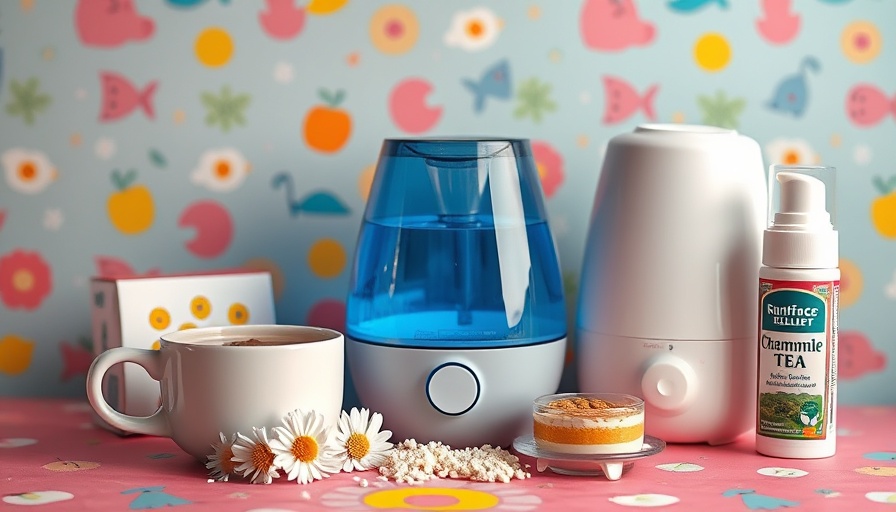
Understanding Seasonal Allergies: Why They Matter
As spring approaches, many people find themselves reaching for allergy medications. Allergies can trigger a response in our immune system, causing symptoms that affect our daily lives. Understanding these allergies is crucial for managing them effectively. Factors such as pollen count, environmental changes, and even dietary habits can influence how our bodies react.
Recognizing the Symptoms: What to Watch For
Common symptoms of seasonal allergies include sneezing, itching, runny nose, and watery eyes. These discomforts can significantly impact productivity and overall well-being. Being able to identify when allergy season strikes in your area can empower you to seek relief more proactively.
Over-the-Counter Solutions: What Works Best?
If you’re among the millions seeking relief, this article will explore fourteen effective over-the-counter (OTC) allergy treatments that can make your springtime experience more enjoyable. From antihistamines to nasal sprays, understanding your options can help you find the right fit.
1. Antihistamines: Your First Line of Defense
Antihistamines work by blocking the actions of histamine— a chemical produced during allergic reactions. Popular OTC options include cetirizine (Zyrtec) and loratadine (Claritin). These medications are known for effectively reducing symptoms while minimizing drowsiness, which makes them ideal for both work and leisure.
2. Decongestants to Clear Your Airways
Decongestants like pseudoephedrine (Sudafed) provide quick relief by shrinking swollen nasal passages, which helps alleviate stuffiness. They come in various forms, including tablets, liquids, and nasal sprays, making them versatile for different preferences.
3. Nasal Sprays: Targeted Relief
Nasal corticosteroid sprays, such as fluticasone (Flonase), can offer significant relief by reducing inflammation directly in the nasal passages. Their effectiveness in managing nasal congestion and runny noses makes them a popular choice for many allergy sufferers.
4. Eye Drops for Itchy Eyes
Red, itchy eyes? Consider using antihistamine eye drops that can soothe irritation on contact. Products containing ketotifen (Zaditor) are known for their rapid action and efficacy in alleviating eye-related allergy symptoms.
Exploring Natural Remedies
While OTC medications can provide significant relief, many individuals are increasingly leaning toward natural remedies. Options such as local honey are believed to help build immunity against local pollen. Meanwhile, essential oils and herbal teas might offer soothing effects.
Healthy Lifestyle Tips to Support Your Immune System
In addition to immediate relief from OTC medications, adopting healthy lifestyle habits can significantly enhance your body's resilience against allergens. Eating a balanced diet rich in omega-3 fatty acids and antioxidants can reduce inflammation and boost overall wellness. Staying active improves lung capacity and helps manage stress, further contributing to immune system support.
Mindfulness Practices for Allergy Management
Moreover, incorporating mindfulness practices like meditation can help manage the stress that allergies often cause. Reducing anxiety not only improves mental health but also positively influences physical health, thereby creating a holistic approach to managing allergies.
Making Informed Decisions
Ultimately, selecting the right treatment involves understanding your body’s unique needs and responses. Consult with healthcare providers to ensure your chosen methods align with your overall health profile.
Your Path to Allergy Relief
Don’t let seasonal allergies dictate your life. Equip yourself with knowledge and find the right remedies to enjoy the beauty of spring. Whether you stick with OTC solutions or explore natural supplements, taking proactive steps can lead to better days ahead.
 Add Element
Add Element  Add Row
Add Row 



Write A Comment